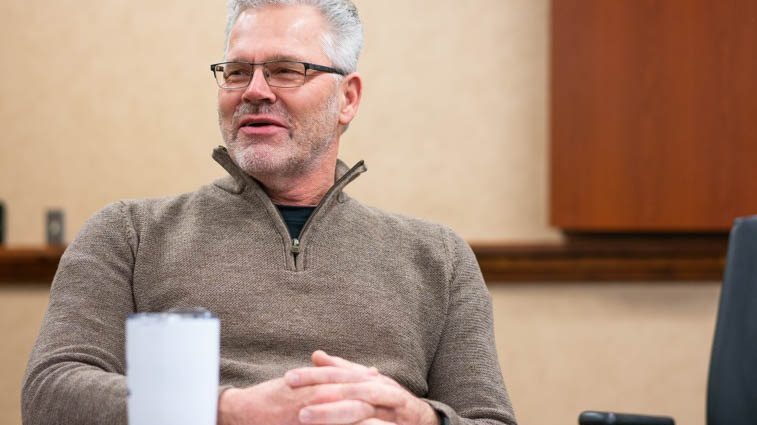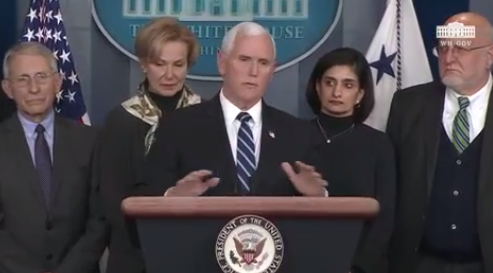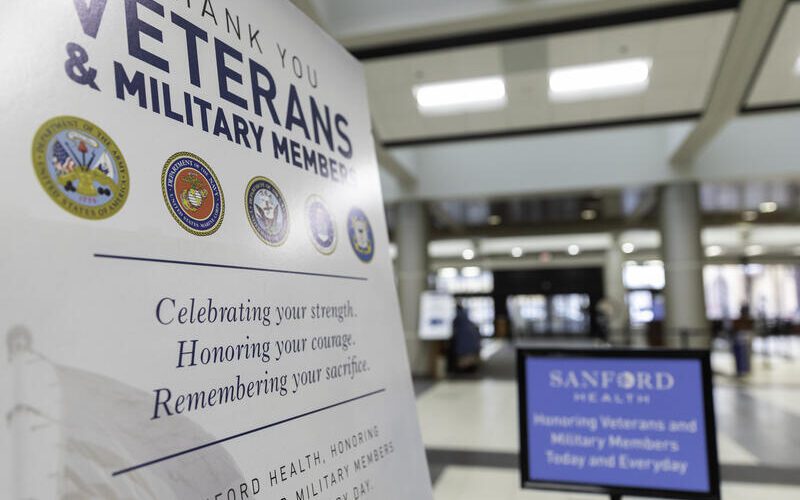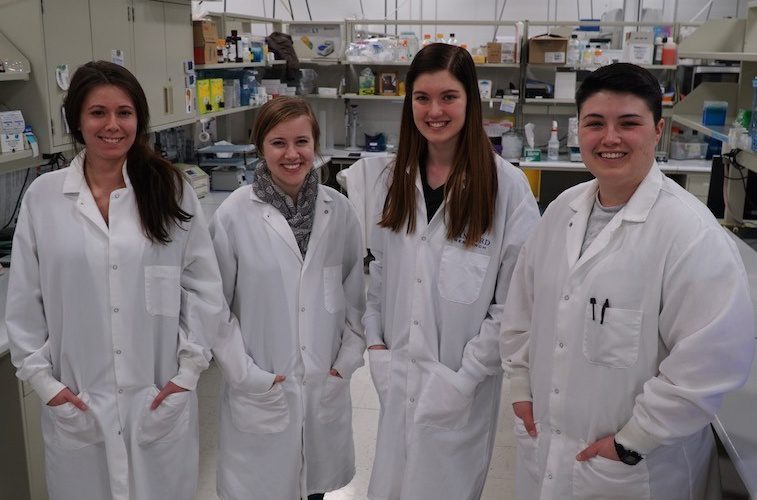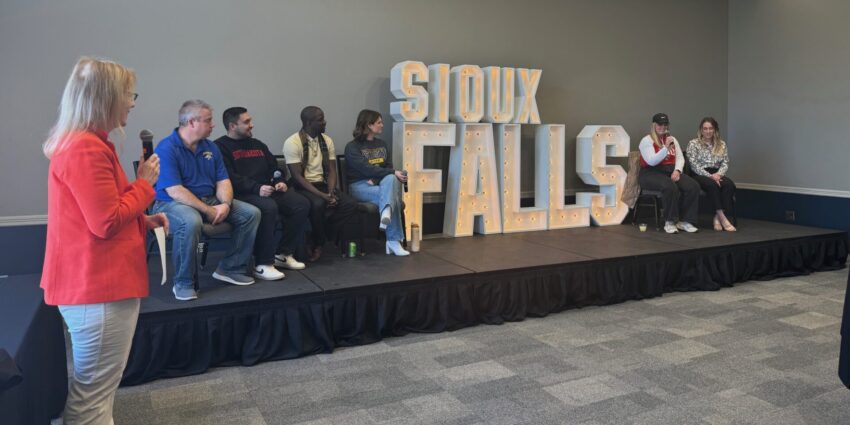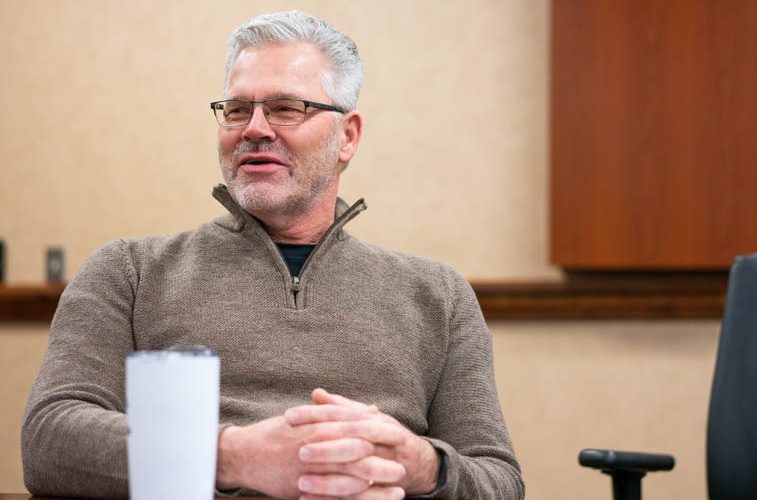Good Samaritan CEO weighs in at White House on coronavirus
March 5, 2020
Randy Bury got the call about 3 p.m. Tuesday.
Hours later, he was on a plane headed to Washington, D.C.
And hours after that, he was sitting in the Roosevelt Room of the White House across from Vice President Mike Pence and Seema Verma, administrator of the Centers for Medicare and Medicaid Services, along with colleagues in the long-term care industry, talking about the impacts of coronavirus.
Bury, president and CEO of The Evangelical Lutheran Good Samaritan Society, which is part of Sanford Health, was invited because of the organization’s reach. It is the nation’s largest nonprofit provider of long-term care and senior services, with 270 locations across 22 states.
“There weren’t more than 10 people in the room,” Bury said. “It was a very conversational tone to the meeting. … They wanted to talk to the industry, and I was honored and pleased … I was one of the folks called.”
Pence, who was tasked by President Donald Trump with leading the federal government’s coronavirus task force, introduced Verma and Deborah Birx, the White House coronavirus coordinator, who gave updates on the virus globally and on how the administration is approaching it. They also highlighted the need for elderly care facilities to focus on infection control.
“It’s not rocket science. It’s wash your hands. Use products like (sanitizer) in between. Just good basic things we talk about in this industry, but we have to practice what we always preach,” Bury said.
Then, Bury and other industry representatives got to share their concerns.
One message they wanted to communicate involved the supply chain, “making sure we have the equipment and supplies we need to take care of a patient who is infected,” he said.
“We can’t do good infection-control policies if we don’t have available masks and gowns and those things. The federal government may have to step in. I’m convinced it won’t be a national shortage of product. It will be a location shortage of product. People will have warehouses of stuff anticipating they might need, so … we may need the government to help us because the suppliers know who they have been selling to.”
He pointed out the challenges that can arise when states implement certain licensing requirements and don’t have reciprocity across state lines.
That created an issue last year when Good Samaritan tried to send extra help to Florida to support facilities there impacted by a hurricane.
“We had staff working 24/7, and we knew as soon as the weather cleared we had to get people down there fast to fill in,” Bury said. “We quickly ran into a barrier because the state of Florida said you can’t do that, they’re not licensed and we have to do a background. So my message was don’t make us waste time fighting these issues.”
Verma’s response was the government can accommodate that through a national emergency waiver, he said.
“If we had a facility where we really had an outbreak, it’s not just residents but staff start getting sick and pretty soon nobody is staffed up well enough to have a deep bench,” he said. “It would be a voluntary call, and I have no doubt people would respond.”
Good Samaritan held a call with 1,500 of its leaders today and likely will continue the practice as the virus progresses nationwide, he said.
It’s likely a question of when the coronavirus will appear in one of its facility, not whether it will, “just because of our size and scope,” he said.
There are two Good Samaritan locations in Washington state, including one not far from a nursing home that was hit with multiple virus-related deaths.
“So we’re focusing on all the things everybody else is – supply chain management, staffing, practicing good hand hygiene,” Bury said. “It’s much more severe in the elderly. The numbers for impact go up significantly after 70 and 80 years old.”
He said he left the meeting in Washington, D.C., feeling the federal government was a partner in the effort to combat the virus.
“We’re all in this together. The virus is the enemy here, so let’s stay on the same team and work together. They pledged to do that and we pledged to do that, and we walked out feeling it was a positive meeting.”

